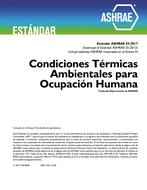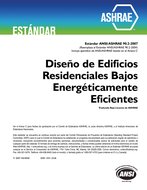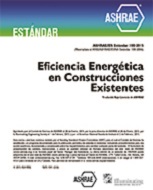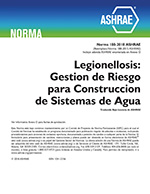Description
Designing a compact cooling system for specialty applications, like person-portable biological suits, requires novel approaches. Absorption chiller technology has long been considered an ideal candidate for portable applications and designing a compact absorber for a new type chiller has merit. This study aims at investigating experimentally and analytically, under vacuum operating conditions, the influence of membrane properties on the water vapor transfer flux into a lithium bromide-water solution through a hydrophobic microporous membrane contactor at a liquid/vapor interface forming a confined narrow channel. The experimental results show that under a higher flow Reynolds number, followed by a higher mass transfer coefficient at an aqueous solution, the vapor interface has a more dominant effect on the water vapor transfer flux than the thin membrane effective layer thickness. The analytical results show that a large pore diameter combined with a higher porosity value of 0.8 leads to an almost doubled water vapor flux through the membrane compared to the 0.5 porosity value. However, for the membrane strength inside the absorber, a membrane of a porosity ranging from 0.7 to 0.8 is recommended. The membrane active layer thickness should not exceed 60 µm, but should have an additional highly porous support layer on the vapor side to increase the mechanical stability without degrading the vapor flux.
Units: SI
Citation: ASHRAE Transactions, Vol. 116, pt. 1, Orlando 2010
Product Details
- Published:
- 2010
- Number of Pages:
- 10
- File Size:
- 1 file , 1000 KB
- Product Code(s):
- D-OR-10-043




